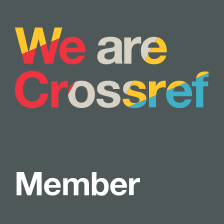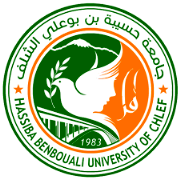The translator's personality and social position between his very first roles and nowadays challenges
DOI:
https://doi.org/10.70204/jlt.v3i1.690Palabras clave:
challenges, position, translator roles, translatorResumen
Linguistic and cultural turns are no longer sufficient in translation studies, mainly since these changes have obviously affected the translator social position and roles, whereby the translator adapts to them and plays several roles. Our study relied on descriptive approach through tackling the translator position in society from past to nowadays by pointing out translators examples in various fields and over different times. We equally employed analytical approach to analyze translator’s roles and their transformation from linguistic turns to cultural aspects, then to highlight the translator role social dimensions, various functions he is playing and current challenges and obstacles he faces. Our paper concluded that translation studies are renewable field that must be explored and angles of research should be changed. Linguistic and cultural outputs are not enough since translator’s image and his function in the early centuries and the actual roles are divergent. The translator, nowadays, is adapting his translations to preserve works authenticity and local specificity, and so that certain culture does not prevail over another. The translator is no longer transferring works simply, but creatively playing decisive role in receiving them successfully in the target cultures.














